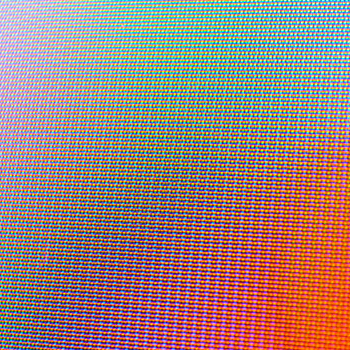What is the derivative of #y=(sinx)^x#?
3 Answers
Explanation:
Use logarithmic differentiation.
Differentiate implicitely: (Use the product rule and the chain ruel)
So, we have:
Solve for
Explanation:
The easiest way to see this is using:
#(sinx)^x=e^(ln((sinx)^x))=e^(xln(sinx))#
Taking the derivative of this gives:
#d/dx(sinx)^x=(d/dxxln(sinx))e^(xln(sinx))#
#=(ln(sinx)+xd/dx(ln(sinx)))(sinx)^x#
#=(ln(sinx)+x(d/dxsinx)/sinx)(sinx)^x#
#=(ln(sinx)+xcosx/sinx)(sinx)^x#
#=(ln(sinx)+xcotx)(sinx)^x#
Now we must note that if
However, when we analyse the behaviour of the function around the
#(sinx)^x# approaches 0
then:
#ln((sinx)^x)# will approach#-oo#
so:
#e^(ln((sinx)^x))# will approach 0 as well
Furthermore, we note that if
More generally...




